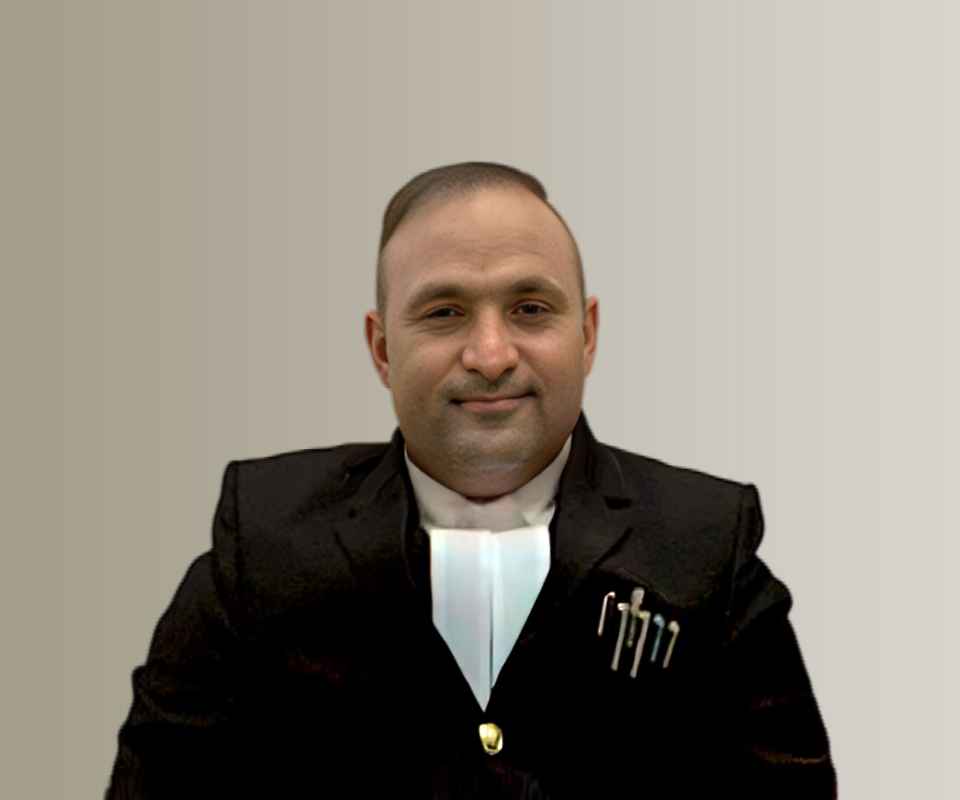Answer By law4u team
The duration of a court case can vary significantly depending on various factors, including the complexity of the case, the court’s schedule, the efficiency of the legal representation, and the nature of the dispute. Generally, court cases can range from a few months to several years.
Factors Affecting the Duration of a Court Case:
1. Complexity of the Case:
Cases involving multiple issues, extensive evidence, or numerous parties may take longer to resolve compared to simpler cases.
2. Court’s Schedule:
The availability of court dates and the backlog of cases in the court system can impact how long it takes for a case to be heard and resolved.
3. Legal Procedures:
Adherence to legal procedures and deadlines, including filing motions, presenting evidence, and conducting hearings, can affect the case timeline.
4. Type of Case:
Criminal cases, civil cases, family disputes, and commercial disputes each have different processes and timelines. For example, criminal cases may involve preliminary hearings and multiple stages, while civil cases might involve settlement negotiations.
5. Legal Representation:
The efficiency and preparedness of the legal representation can influence how quickly a case progresses. Experienced lawyers can navigate the legal process more effectively.
6. Settlement Negotiations:
Cases that reach a settlement or out-of-court resolution tend to conclude faster than those that go to trial.
7. Appeals:
If a case is appealed, it can extend the duration as the appellate court reviews the case and issues a ruling.
8. Court’s Efficiency:
The efficiency of the court in processing cases and managing caseloads can impact the duration of a case.
Summary:
The length of a court case can vary widely based on the case's complexity, the court’s schedule, legal procedures, type of case, legal representation, settlement negotiations, and potential appeals. While some cases may be resolved in a few months, others could take several years to reach a conclusion.







